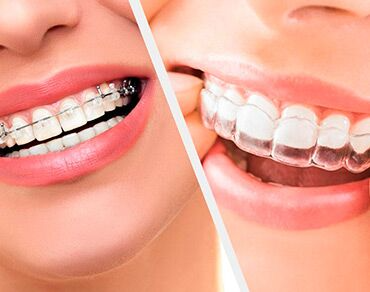
Dental crowns serve as versatile restorative solutions for damaged or weakened teeth, providing strength, protection, and aesthetic enhancement. Whether addressing decay, fractures, or extensive wear, dental crown Dubai offer a durable and natural-looking option to restore the function and appearance of compromised teeth.
Protection and reinforcement:
One of the primary functions of dental crowns is to protect and reinforce damaged or weakened teeth. Crowns encase the entire visible portion of a tooth above the gumline, providing a protective barrier against further decay, fractures, or structural compromise. By redistributing chewing forces evenly across the tooth, crowns help to prevent future damage and prolong the lifespan of the tooth.
Customized aesthetics:
Dental crowns are meticulously crafted to replicate the natural appearance of teeth, ensuring a smooth blend with the surrounding dentition. Using advanced materials such as porcelain or ceramic, crowns are custom-made to match the color, shape, and size of adjacent teeth, resulting in a lifelike and aesthetically pleasing restoration. With careful shading and shading techniques, dental professionals can achieve natural translucency and vitality, restoring brilliance to the smile.
Versatility in treatment options:
Dental crowns offer versatility in addressing a wide range of dental issues and treatment needs. Whether used to restore a single damaged tooth, anchor a dental bridge, or cover a dental implant, crowns can be tailored to suit various clinical scenarios and patient preferences. Additionally, crowns can be placed on both front and back teeth, making them a versatile option for restoring aesthetics and function throughout the mouth.
Longevity and durability:
With proper care and maintenance, dental crowns can provide long-lasting results, enduring for many years or even decades. High-quality materials and precise fabrication techniques contribute to the durability and resilience of crowns, allowing them to withstand the demands of daily chewing and speaking. Regular dental check-ups and good oral hygiene practices are essential for preserving the integrity of crowns and ensuring their longevity.
Conservative tooth preservation:
Despite their protective and reinforcing properties, dental crowns require minimal alteration of the natural tooth structure compared to other restorative options such as dental bridges or implants. With advancements in adhesive dentistry and conservative preparation techniques, dentists can preserve as much healthy tooth structure as possible while still achieving optimal crown retention and stability.

